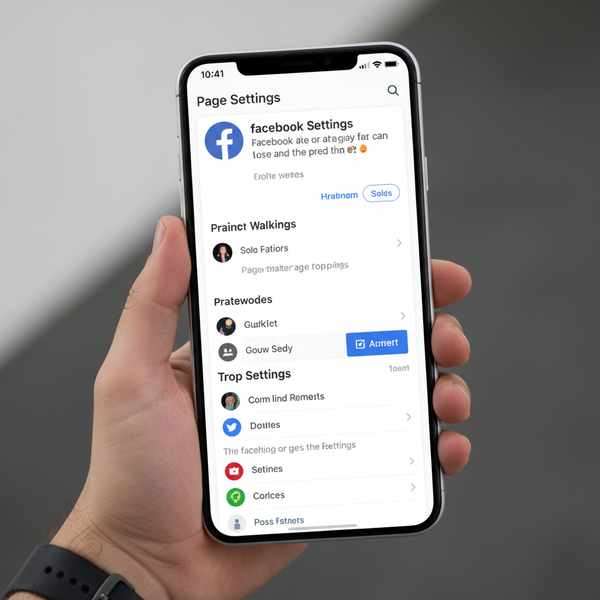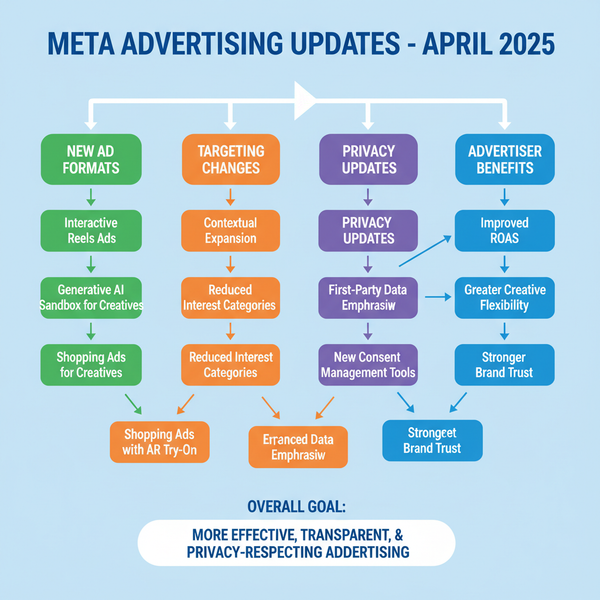KOL Meaning in Marketing and How to Work With Key Opinion Le
Learn what Key Opinion Leaders are in marketing, how they differ from influencers, and actionable strategies for choosing and working with them.
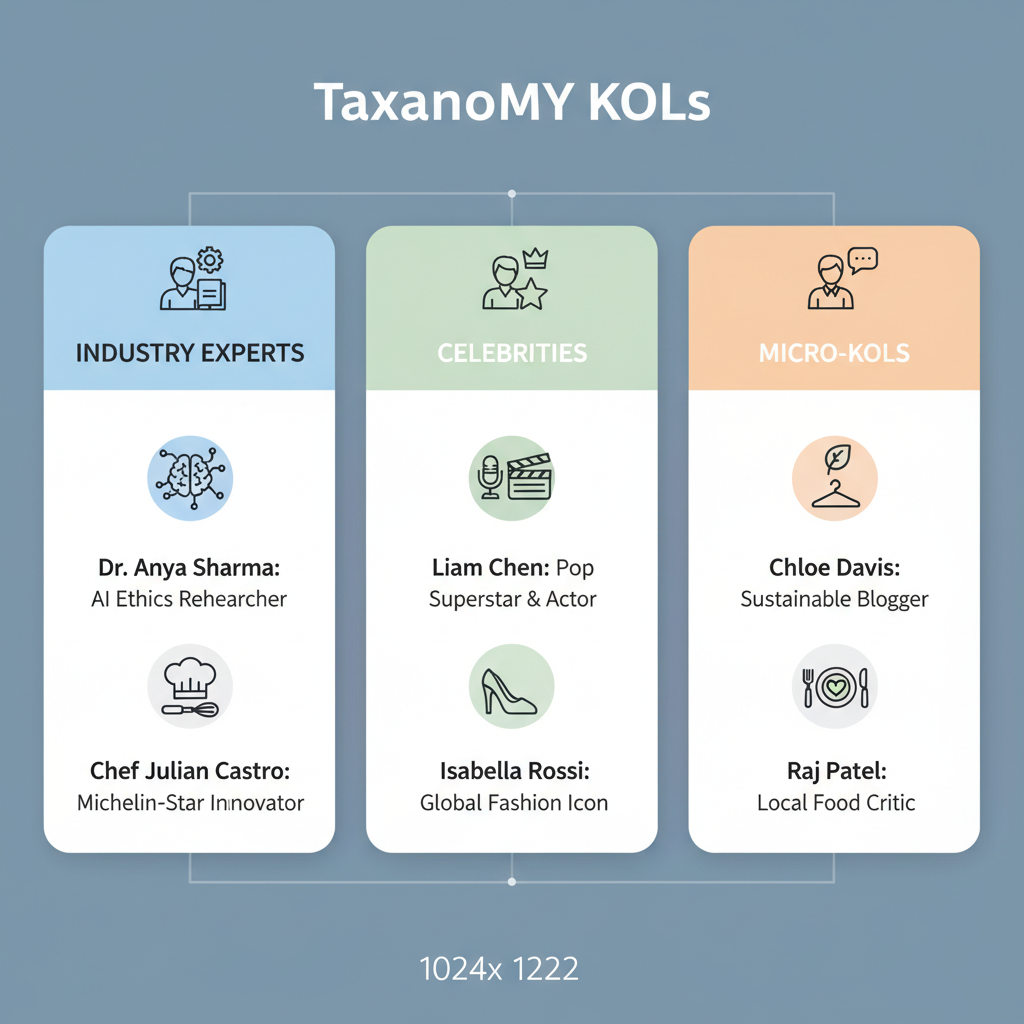
KOL Meaning in Marketing and How to Work With Key Opinion Leaders
In the fast-paced world of digital marketing, brands are always searching for authentic ways to connect with their target audiences. Collaborating with Key Opinion Leaders (KOLs) has become one of the most effective methods for building trust, credibility, and influence. In this guide, we’ll explore the KOL meaning in marketing, the differences between KOLs and other brand advocates, and actionable strategies to work with them successfully.

---
What Does KOL Mean in Marketing?
KOL stands for Key Opinion Leader, a respected individual with significant authority and influence in a particular niche or industry. In marketing terms, KOLs act as credible voices whose expertise shapes consumer perceptions and buying decisions.
Unlike general influencers, KOLs have earned their reputations through professional achievements, deep industry insight, or significant contributions to their field. This expertise-led trust is what makes them powerful allies in brand promotion.
---
KOL vs. Influencer vs. Brand Ambassador
While KOLs, influencers, and brand ambassadors all play roles in brand marketing, they differ in purpose, credibility, and relationship with audiences.
| Role | Primary Strength | Audience Relationship | Typical Example |
|---|---|---|---|
| KOL | Expertise and authority | Trust based on knowledge and achievements | Renowned scientist, industry analyst |
| Influencer | Content creation and reach | Entertaining and relatable engagement | Social media personality |
| Brand Ambassador | Long-term brand representation | Strong association with the brand identity | Celebrity endorsing a brand over years |
Key distinctions include:
- Scope of Influence: KOLs are often powerful in specialized markets, while influencers cater to broader audiences.
- Credibility Source: KOL influence derives from proven expertise; influencer trust grows through content style and relatability.
- Commitment: Brand ambassadors engage in long-term collaborations; KOL partnerships may be campaign-specific.
---
Why Brands Collaborate With KOLs
Brands turn to KOL partnerships for several strong reasons:
- Credibility Boost: Expert opinions enhance brand legitimacy.
- Targeted Reach: KOL audiences are smaller than mass influencers but highly relevant.
- Trust Factor: Followers trust the authenticity of KOL recommendations.
- Higher Conversions: The authority of a KOL often results in improved conversion rates.
---
Types of KOLs
KOLs exist across various tiers and industries. Common types include:
1. Industry Experts
Professionals recognized for thought leadership — such as analysts, professors, or CEOs who guide industry conversations.
2. Celebrities
Widely recognized entertainers, athletes, or public figures whose influence can span niche and mass markets.
3. Micro-KOLs
Specialists with hyper-targeted audiences, such as niche bloggers, reviewers, or hobby experts, offering high engagement despite smaller follower counts.
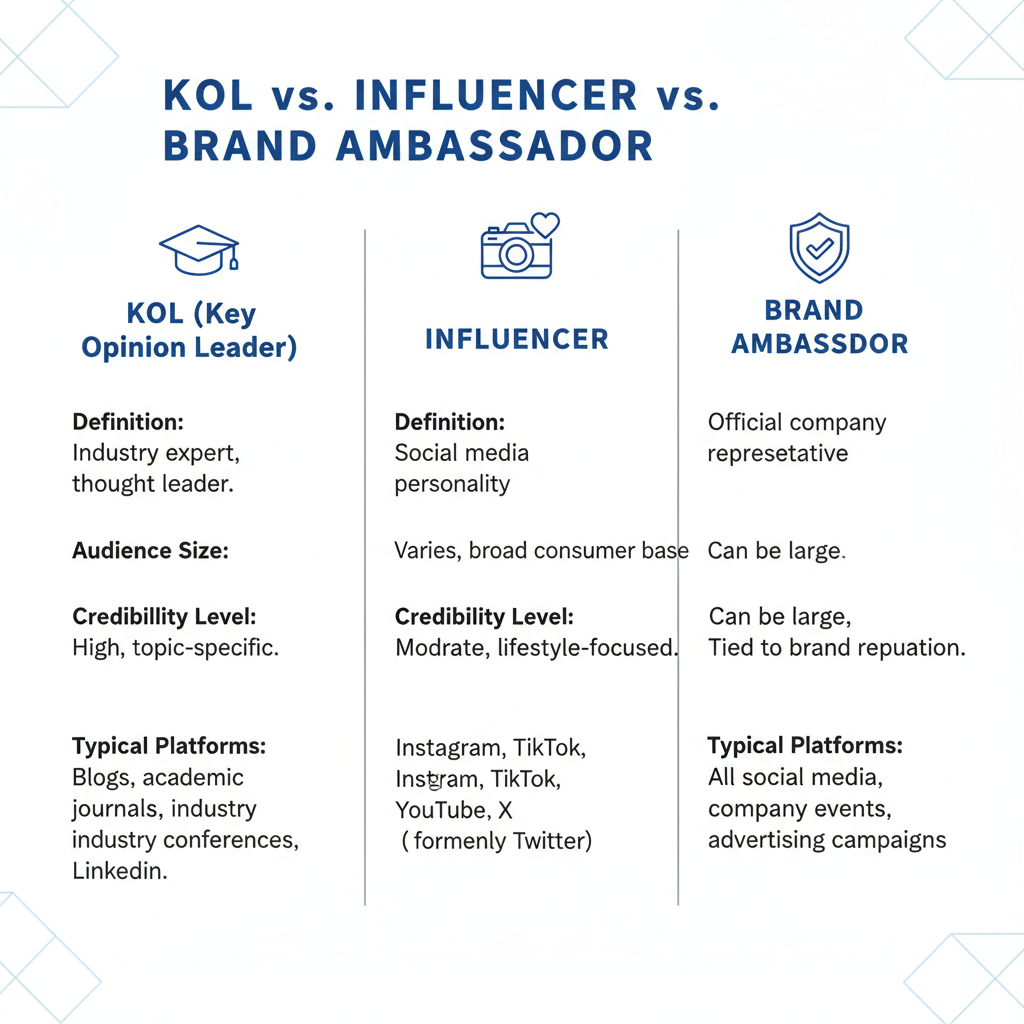
---
How to Identify the Right KOL for Your Campaign
To maximize ROI, carefully select KOLs who align with your goals:
- Set Clear Objectives: Determine if your aim is awareness, leads, or sales.
- Analyze Audience Fit: Ensure demographic and psychographic alignment.
- Review Previous Work: Evaluate the success and tone of past collaborations.
- Assess Authenticity: Prioritize organic engagement over inflated metrics.
---
Metrics to Measure KOL Effectiveness
Tracking the right metrics ensures your KOL campaign delivers measurable impact:
- Engagement Rate: Interaction levels compared to follower count.
- Audience Relevance: Proportion of followers matching your customer profile.
- Content Impact: Depth and quality of audience comments and shares.
- Referral Traffic: Click-throughs from KOL content to your landing pages.
- Conversions: Sales or sign-ups driven by KOL promotion.
---
Examples of Successful KOL Marketing Campaigns
Tech Product Launch
A B2B SaaS brand used cybersecurity KOL reviews to launch a firewall product, increasing enterprise demo sign-ups by 40%.
Sustainable Fashion Drive
A small clothing label partnered with a micro-KOL advocating eco-friendly apparel, achieving a 25% boost in green product sales.
Health Awareness Program
A healthcare NGO enlisted top medical KOLs to promote preventive screenings, driving significant growth in appointment bookings.
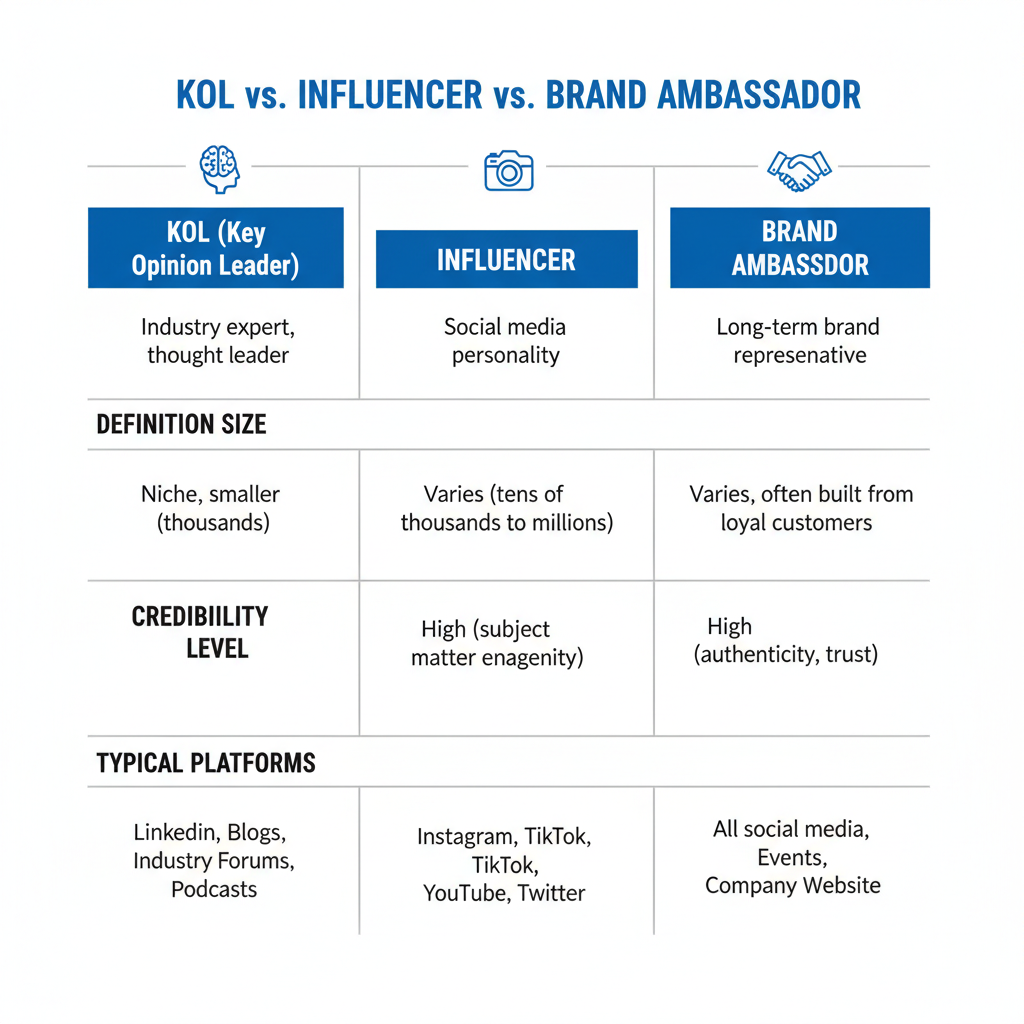
---
Benefits and Potential Challenges of KOL Marketing
Benefits:
- Authentic endorsement from trusted sources
- Direct engagement with niche audiences
- Stronger perceived brand authority
Challenges:
- High fees for prominent KOLs
- Value misalignment risk
- Limited scalability in narrower markets
---
KOL Marketing Strategies for B2B vs. B2C
Your strategy should adapt based on audience type:
B2B:
- Collaborate with experts for industry panels and thought-leadership articles.
- Target professional networks like LinkedIn and trade publications.
B2C:
- Use lifestyle storytelling to emotionally connect with consumers.
- Leverage high-visual platforms like Instagram, YouTube, and TikTok.
---
Future Trends in KOL Marketing
Emerging patterns shaping KOL collaborations include:
- Growth of Micro-KOLs: Deeper engagement through focused niche expertise.
- AI-Enhanced Targeting: Data-driven audience personalization.
- Omnichannel Storytelling: Coordinated messaging across multiple formats.
- Demand for Authenticity: Reduced tolerance for overly scripted ads.
---
Building Long-Term KOL Relationships
Strong, ongoing relationships with KOLs compound brand benefits:
- Offer mutual benefits and shared goals.
- Maintain regular communication before, during, and after campaigns.
- Respect creative autonomy to preserve authenticity.
- Recognize contributions with special access or recognition programs.
Long-term KOL partnerships can evolve into powerful brand advocacy engines, fostering both sustained trust and market growth.
---
By understanding the KOL meaning in marketing and implementing tailored strategies, brands can tap into authoritative voices that influence high-value audiences. Whether your focus is B2B or B2C, working with the right KOL can transform your marketing outcomes. Start identifying potential KOL alliances today to amplify your credibility and reach.


